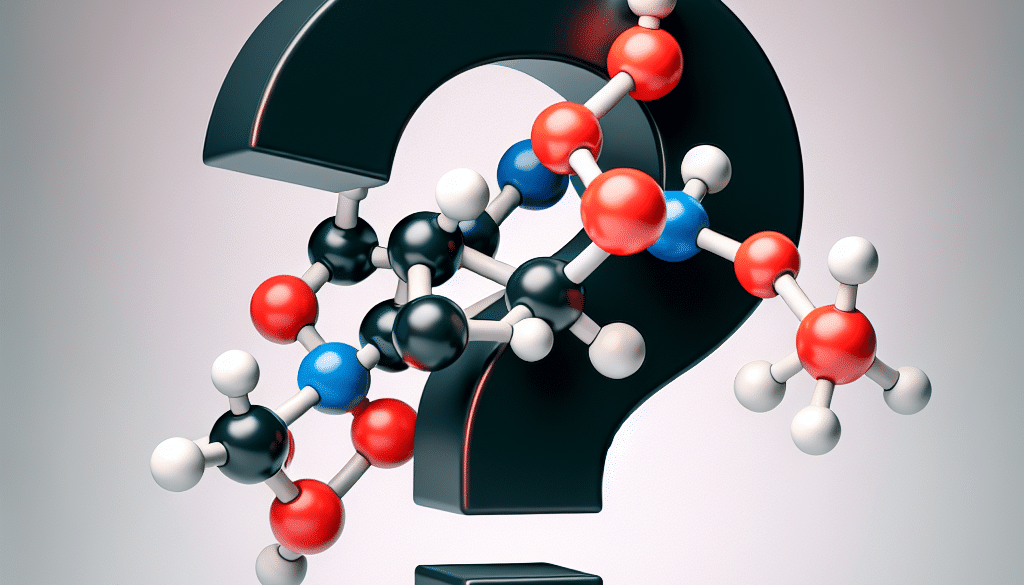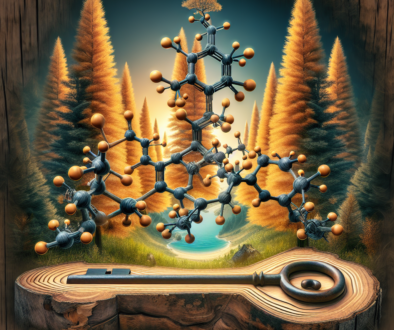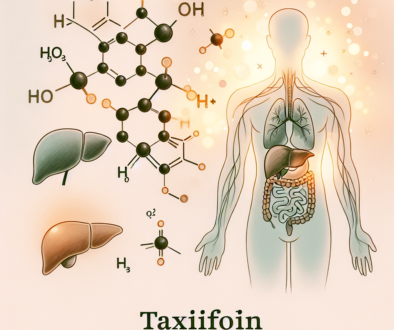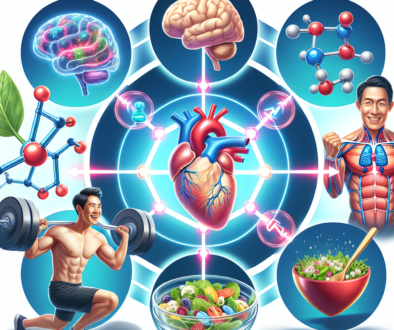Why not take quercetin?
-
Table of Contents
- Quercetin: To Take or Not to Take?
- Potential Side Effects of Quercetin
- Interactions with Medications
- Insufficient Research for Certain Health Claims
- Quercetin and Allergies
- Quality and Purity Concerns
- Cost-Benefit Analysis
- Conclusion: Weighing the Pros and Cons
- Considering Alternatives: ETprotein’s Protein Products
Quercetin: To Take or Not to Take?

Quercetin is a flavonoid commonly found in fruits and vegetables such as onions, apples, and berries. It’s known for its antioxidant properties and potential health benefits. However, despite its popularity as a dietary supplement, there are reasons why some individuals might consider not taking quercetin. This article explores the potential drawbacks and situations where quercetin may not be the best choice.
Potential Side Effects of Quercetin
While quercetin is generally considered safe for most people, it can cause side effects in some cases. These may include:
- Headaches and tingling sensations
- Upset stomach and acid reflux
- Kidney damage when consumed in very high doses
It’s important to note that most side effects are associated with high doses of quercetin, far exceeding the amounts typically found in a balanced diet.
Interactions with Medications
Quercetin can interact with various medications, potentially altering their effectiveness. For example:
- It may affect the way the body metabolizes certain drugs, leading to either increased side effects or reduced efficacy.
- Quercetin can interact with blood thinners, chemotherapy drugs, and corticosteroids, among others.
Individuals on prescription medications should consult with a healthcare provider before adding quercetin supplements to their regimen.
Insufficient Research for Certain Health Claims
While quercetin is touted for numerous health benefits, not all claims are backed by strong scientific evidence. Some areas where research is lacking include:
- Its effectiveness in treating conditions like cancer, heart disease, and chronic fatigue syndrome.
- The long-term safety of quercetin supplementation, especially at high doses.
More research is needed to fully understand the impact of quercetin on these health conditions.
Quercetin and Allergies
Quercetin is often promoted as a natural remedy for allergies. However, some individuals may actually experience allergic reactions to quercetin itself. Symptoms can include:
- Rashes and itching
- Difficulty breathing
- Swelling of the face, lips, tongue, or throat
Those with a history of allergies should be cautious when considering quercetin supplements.
Quality and Purity Concerns
The supplement industry is not as tightly regulated as pharmaceuticals, leading to potential issues with the quality and purity of quercetin products. Consumers should be aware of:
- Variability in the concentration of quercetin across different brands and batches.
- Possible contamination with other substances not listed on the label.
It’s crucial to purchase supplements from reputable sources to minimize these risks.
Cost-Benefit Analysis
Quercetin supplements can be expensive, and when considering the lack of definitive evidence for some of its health claims, individuals may question the cost-effectiveness of these products. It’s worth comparing the potential benefits with the financial investment required.
Conclusion: Weighing the Pros and Cons
While quercetin has potential health benefits, it’s important to consider the possible side effects, interactions with medications, and the current state of research. Individuals should weigh these factors carefully and consult with healthcare professionals before deciding to take quercetin supplements.
Considering Alternatives: ETprotein’s Protein Products
For those looking for alternative health supplements, ETprotein offers a range of high-quality protein products. Their offerings include organic rice protein, pea protein, and various seed proteins, all characterized by a neutral taste, non-GMO, and allergen-free attributes. These products can be a valuable addition to a balanced diet, supporting overall health and wellness.
About ETprotein:
ETprotein, a reputable protein and L-(+)-Ergothioneine (EGT) Chinese factory manufacturer and supplier, is renowned for producing, stocking, exporting, and delivering the highest quality organic bulk vegan proteins and L-(+)-Ergothioneine. They include Organic rice protein, clear rice protein, pea protein, clear pea protein, watermelon seed protein, pumpkin seed protein, sunflower seed protein, mung bean protein, peanut protein, and L-(+)-Ergothioneine EGT Pharmaceutical grade, L-(+)-Ergothioneine EGT food grade, L-(+)-Ergothioneine EGT cosmetic grade, L-(+)-Ergothioneine EGT reference grade and L-(+)-Ergothioneine EGT standard. Their offerings, characterized by a neutral taste, non-GMO, allergen-free attributes, with L-(+)-Ergothioneine purity over 98%, 99%, cater to a diverse range of industries. They serve nutraceutical, pharmaceutical, cosmeceutical, veterinary, as well as food and beverage finished product distributors, traders, and manufacturers across Europe, USA, Canada, Australia, Thailand, Japan, Korea, Brazil, and Chile, among others.
ETprotein specialization includes exporting and delivering tailor-made protein powder and finished nutritional supplements. Their extensive product range covers sectors like Food and Beverage, Sports Nutrition, Weight Management, Dietary Supplements, Health and Wellness Products, and Infant Formula, ensuring comprehensive solutions to meet all your protein needs.
As a trusted company by leading global food and beverage brands and Fortune 500 companies, ETprotein reinforces China’s reputation in the global arena. For more information or to sample their products, please contact them and email sales(at)ETprotein.com today.












